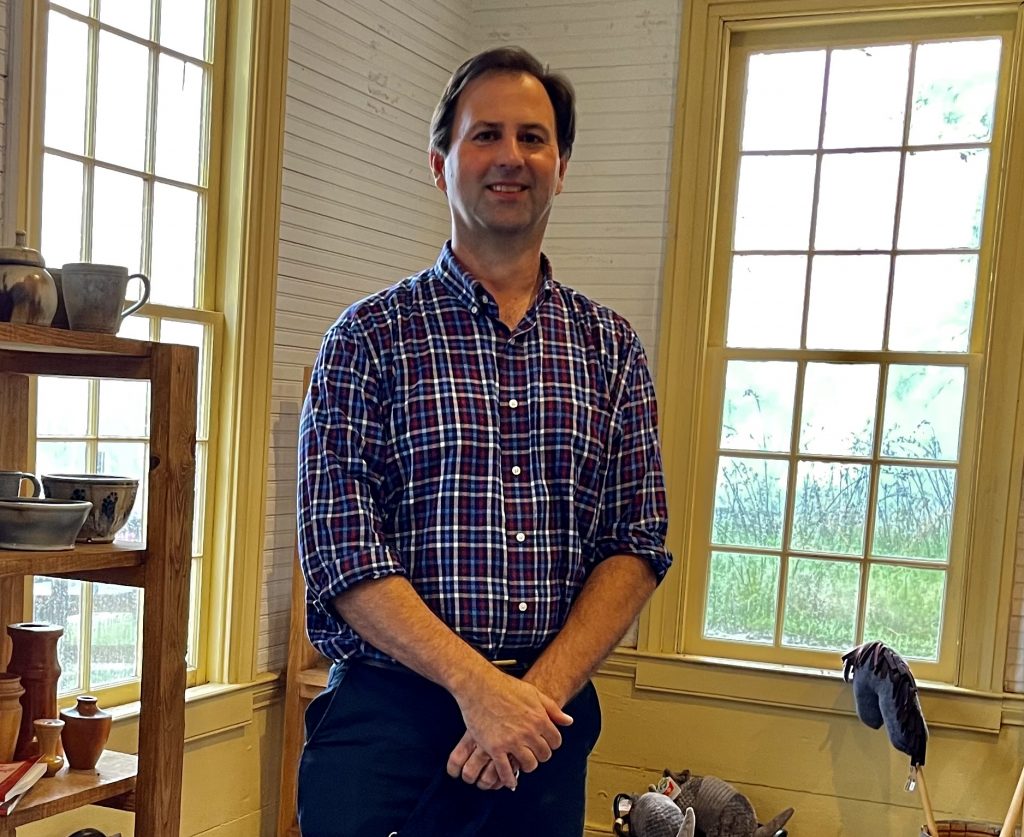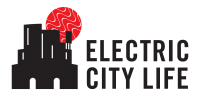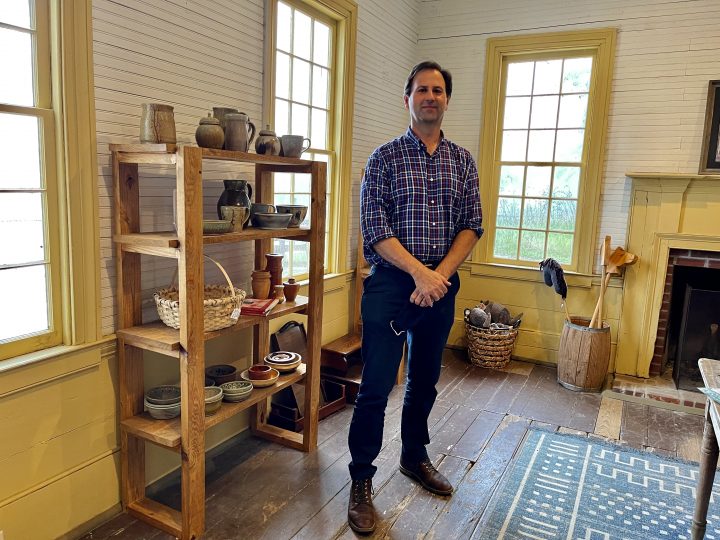
Executive Director, Historic Westville
Was moving Westville from Stewart County to Columbus the right decision?
“I think it was the right decision. I do. Although it was a very difficult decision, I certainly was not involved in that process at that time. As a native of Stewart County, I have complicated feelings about it, due to the development of Westville in Lumpkin and the amount of time and effort and the meaning of that facility to the folks in Lumpkin that I grew up with.
I think that there’s certainly more potential here. Closer to a larger number of people who can come visit. That’s a positive thing. So, yes, ultimately, I think that was the right decision.”
Is it fair to say the move brought about some financial and political difficulties?
“Yes. With any move, there is upheaval. The organization was established there and with any move there is a large cost associated with that. And the time off where we were closed, you lose some of that regular membership and momentum. That’s certainly something that was expected but difficult to deal with. And has been difficult to deal with.
There was controversy around the move. That’s certainly true. It would have been wonderful for it to stay but for the long-term health of the organization, it was better to move forward.
And regardless of that, we’re here now. For me personally, it’s just about moving forward. I don’t want to discount anything in the past, but I also want to not focus on that. I would like to move forward from that. I think that’s for the betterment of the organization.”
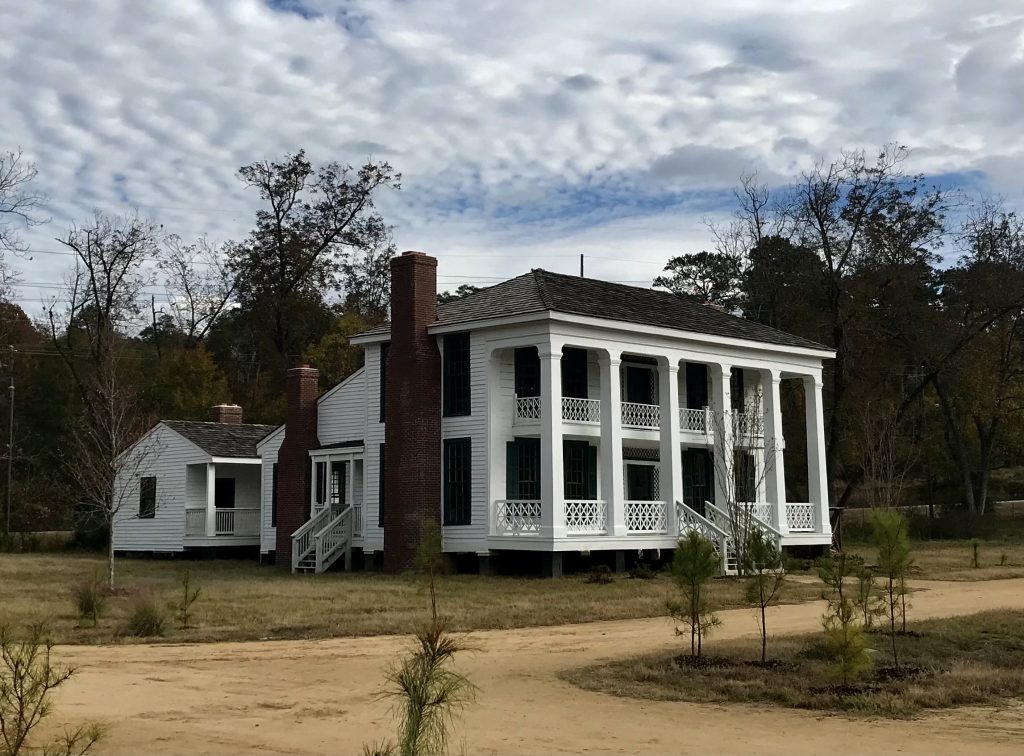
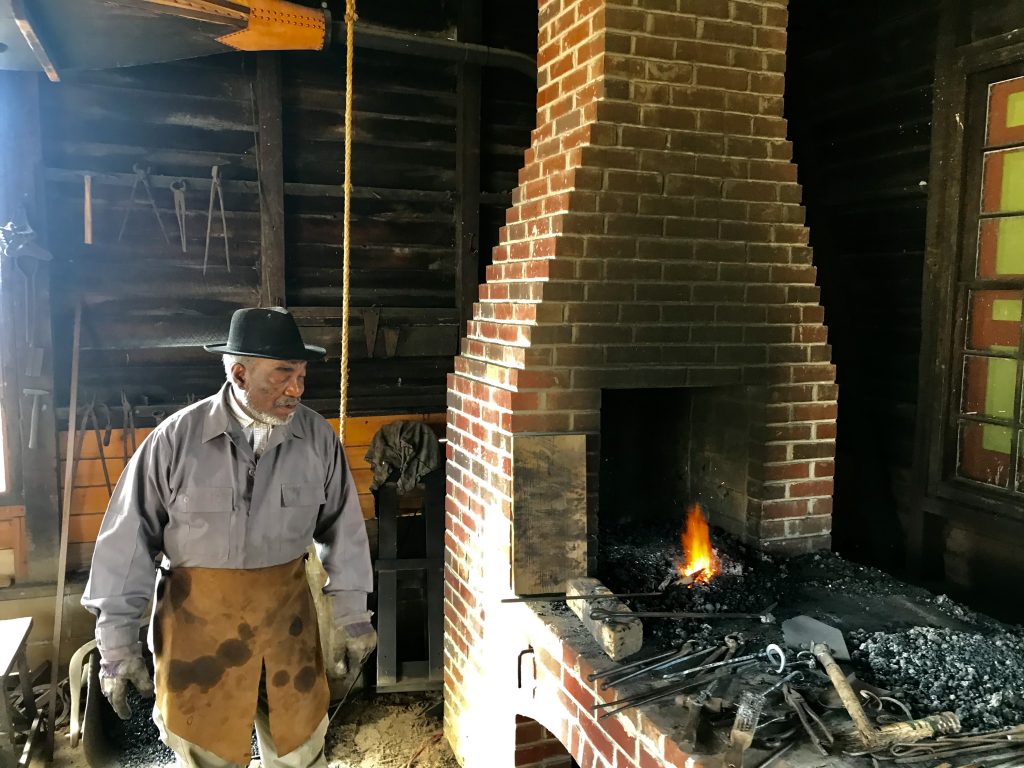
How has COVID impacted your organization?
“Interestingly enough, that was my first week. We closed down the week after I got here. That was really interesting. Our first focus was on staff. We tried to take care of staff as much as possible. We did retain some people here on site. We ended up furloughing some people as well. We tried to stay in constant contact with them and be a supportive organization for those individuals.
Because I was new, it actually offered me an opportunity to dive into our structure, our procedures, our protocols, and finances — to look at where we were and how we could save during that time. To take it and make it into a positive opportunity as much as possible.
Summer and spring are our busy seasons. We have lots of folks who usually come then and we missed out on that. That definitely impacted us. We tried to react by saving money where we could save money; to limit our expenses and also reach out the really supportive individuals and organizations in town and look for other funding sources to supplement the lost income.
When we opened back up in the fall, we implemented lots of different strategies to mitigate COVID risks. That impacted staff as we opened on a limited number of days and then implemented clearing processes. Which is interesting at a living history museum, trying to figure out what surfaces to clean, how to clean them, how you deal with all that was an added element to our process.
It definitely has impacted us but I hope that we’re coming out of that. We’re really looking forward to getting back to where schools can come visit. That’s a large portion of our visitation — students from Muscogee County and surrounding counties. We’ve gone basically an entire school year without that. I hope that in the fall we’ll be in a place where we can do that again.”
But your educational programming has been active since re-opening.
“Absolutely. One thing we’ve tried to focus on is the living history aspect of Westville and make the village more active. So we do have a lot more events outdoors and not just focused on in-house activities. Getting people outside and doing different crafts and different demonstrations where it’s a little bit less restrictive than in the houses and buildings.”
Has the way we teach history, especially the antebellum history of the South, changed over the past few years?
“I’m not a historian, so that’s a little bit out of my wheelhouse. But I can say that as an organization we have expanded our interpretation beyond the pre-Civil War, antebellum history. I believe we are developing an interpretive strategy that is more inclusive. Not only for African-American history but for Native American history as well.
One of the reasons we expanded is our buildings now span a broader time frame. Like during Reconstruction — a lot of that history wasn’t represented. So it’s not just the pre-Civil War, antebellum history that is taught differently but the Reconstruction history as well.There is an opportunity there to develop additional interpretive information that would benefit Westville, the community, and the folks coming to visit here.”
Where does Westville go from here?
“We lost a little bit of momentum in the move. We were closed for a significant amount of time, 3 or 4 years. During that period, you lose touch with your members a bit, so we’re trying to develop our individual memberships back.
In the long term, we’re looking for more support from individuals rather than focusing on grants and foundations, which are still a large part of our base. We want to reach out and develop more of a community relationship with our members. I think that’s an important part of our long-term strategy. I think nationally that seems to be more and more important, individual memberships. You see that on social media and lots of different areas. It’s easier to do that now so we’re trying to build that momentum.
We’re also trying to look for opportunities within the community and work with other organizations. We’re trying to develop relationships with the National Infantry Museum and Oxbow Meadows and use this area on South Lumpkin where it can be a day visit for lots of different people and groups. I think that’s an important part of the future for this whole area.
We’re still expanding. We’re an organization that has a long history but is in an interesting situation because moving to this new location it’s almost like starting over. Yet, you still have this old history. So we’re not fully developed yet as an interpretive organization. That presents a lot of opportunity to move into. Which is great. We’re looking forward to that as well.”
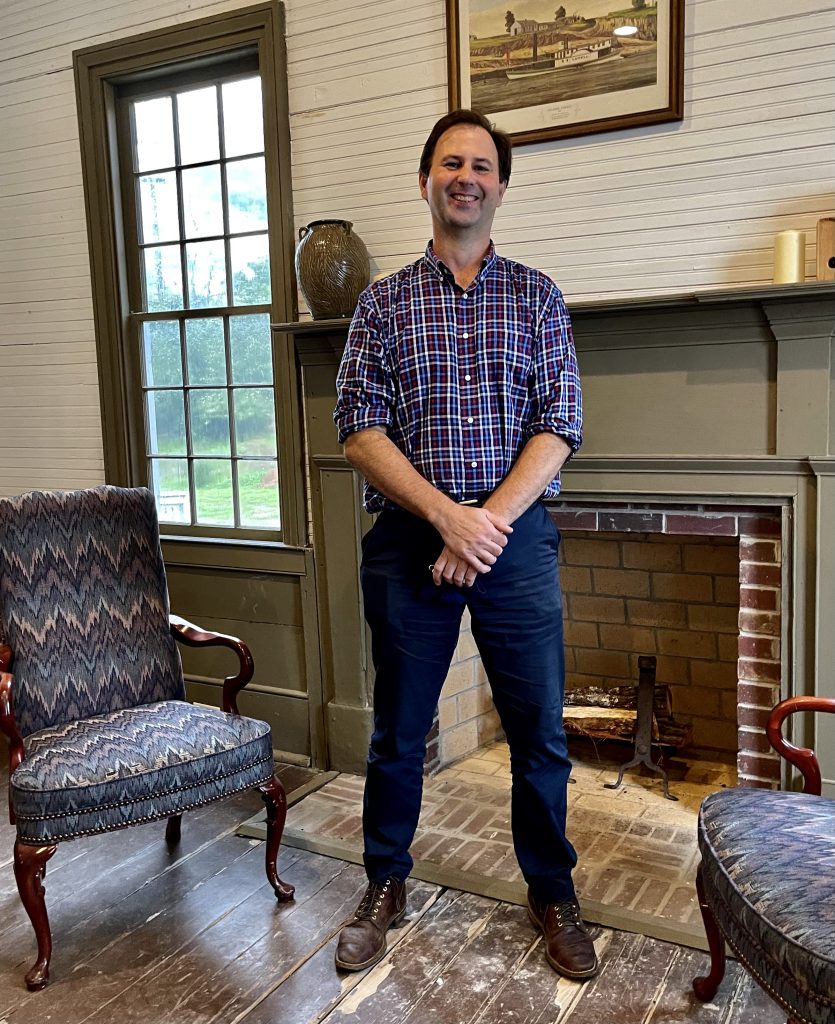
Age: 50
Education: Brookstone School. Undergraduate degree in Natural Resources from the University of Georgia, Master’s of Botany, Ph.D. in Soil Physics. “Certainly not history related but I have always had an interest in history.”
Professional background: “I worked for the University of Georgia as a research scientist and then worked for an environmental consulting firm in hydrology in Calgary, Alberta, for 8 years.”
Start date as Executive Director of Historic Westville: March 24, 2020
Number of staff: 16
Number of volunteers: “At least 30 very active volunteers over the last 10 months.”
Best concert ever attended: Marty Stuart
Worst thing for a Georgia native moving back home: Acclimating to the heat and humidity of summer.
Best thing for a Georgia native moving back home: “Familiarity with the culture. It’s easy to plug back into everyday life and understand with a wink, a nod, a shrug what people mean.”
Biggest challenge of your job: “I’m used to working for large organizations where you have a lot more infrastructure and support. The number of things you have to juggle and how often those things change. There’s a lot of moving parts in a small organization, especially during COVID.”
Biggest opportunity of your job: “To develop content — educational content, interpretive content — areas that we could move into and how we can really support the community with additional educational content and materials as a venue and a source for people to come out and visit.”
